By Glynn Wilson –
PENSACOLA, Fla. — If you are feeling cooped up or claustrophobic and locked up in your suburban home glued to the bad news on cable television about coronavirus, you may want to consider another way to get away from other people: Visit a national park during this time of national crisis.
While most indoor entertainment options like bars and restaurants in America are closing down to combat the COVID-19 pandemic, and mental health experts are beginning to worry about the psychological effects of drastic isolation, the National Park Service came up with another option rather than closing down all the parks.
Instead of shutting down all 419 national parks, the U.S. Department of the Interior has announced it will stop collecting park entrance fees and open them up to the public for free as a way for visitors to practice social distancing and enjoy the great American outdoors to commune with nature at this difficult time of national and international stress.
“Our vast public lands … offer special outdoor experiences to recreate, embrace nature and implement some social distancing,” Secretary of the Interior David Bernhardt said in the announcement. “I’ve directed the National Park Service to waive entrance fees at parks that remain open. This small step makes it a little easier for the American public to enjoy the outdoors in our incredible national parks.”
Some states, counties and cities are taking similar steps so people will not just be stuck at home watching cable TV news and getting even more depressed and fearful during the crisis.
While some indoor facilities in the parks are being closed, most outdoor spaces will remain open to the public.
Visitors are being asked to do their part when coming to a national park by following CDC guidelines to maintain a safe distance between themselves and other individuals and groups, and by diligently washing their hands often with soap and water for at least 20 seconds. People should avoid touching their eyes, nose and mouth as much as possible and cover their mouths and noses while coughing or sneezing.
The U.S. federal government is still recommending that people remain at home, especially if they feel sick, and work from home as much as possible.
The CDC recommends high-risk populations, such as the elderly and people with underlying health conditions and compromised immune systems, take extra precautions to best protect against the spread of COVID-19.
More than 20,000 National Park Service professional employees, including park rangers, are still on the job to care for America’s 419 national parks and to work with communities across the nation to help preserve local history and create close-to-home recreational opportunities.
Due to the glut of oil on the market and lack of demand since people are not driving or flying as much, the price of gas has plummeted, making travel to national parks fairly inexpensive at this time. But be smart about it, experts say.
Unfortunately, if you live in the Washington, D.C. metro area, the Smithsonian museums and other attractions in the nation’s capital are closed to visitors, including the U.S. Capitol Visitors Center and the largest national campground in the area, Greenbelt National Park.
The campground and ranger station closed last summer for a major road work project, and due to complications in rebuilding one of the new bridges, that work is not expected to be finished at least until August of this year. But the hiking trails remain open.
Explore Washington, D.C. from Greenbelt National Park’s Campground
The public is being asked to check with individual parks for specific details about park operations at NPS.gov.
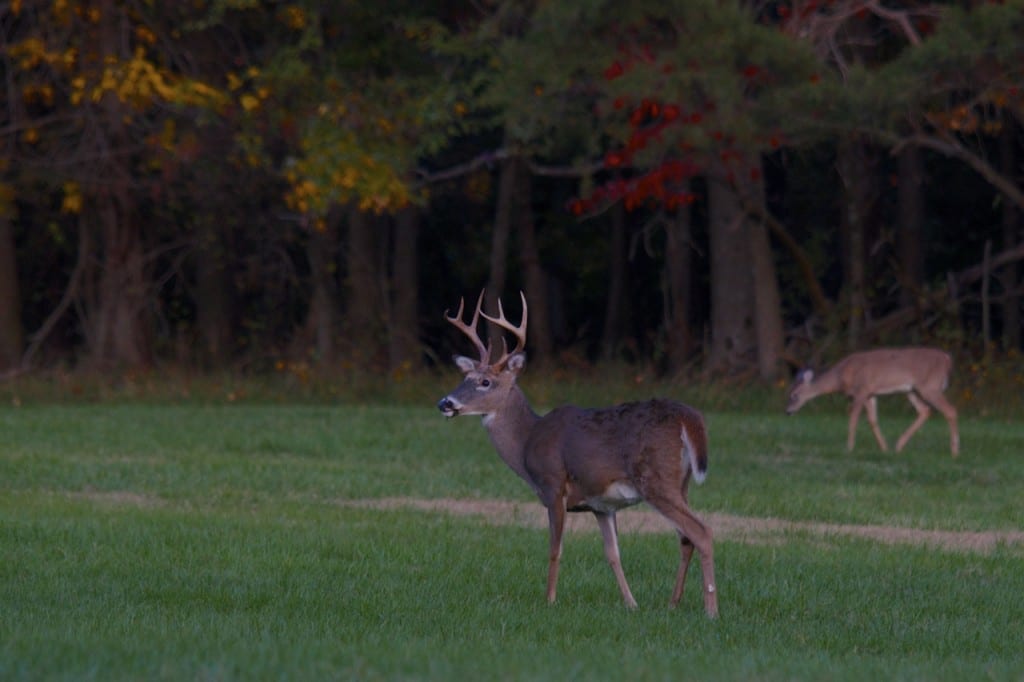
A large white-tailed deer buck in the Greenbelt National Park Sweetgum field in Autumn: Glynn Wilson
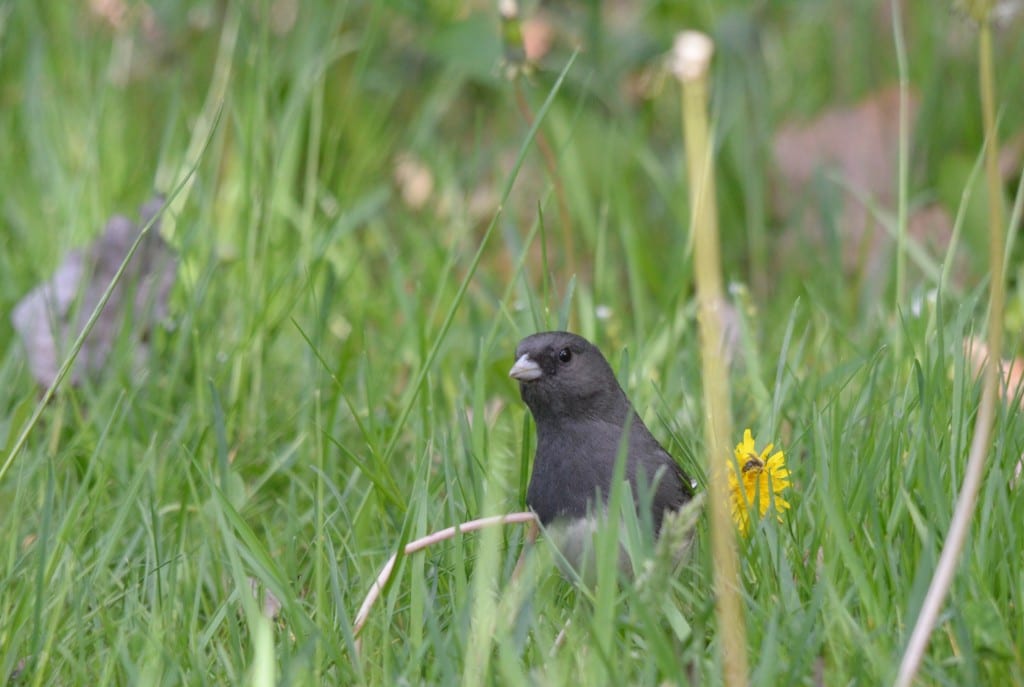
A dark-eyed junco junco hyemalis at Big Meadows in the Shenandoah National Park: Glynn Wilson


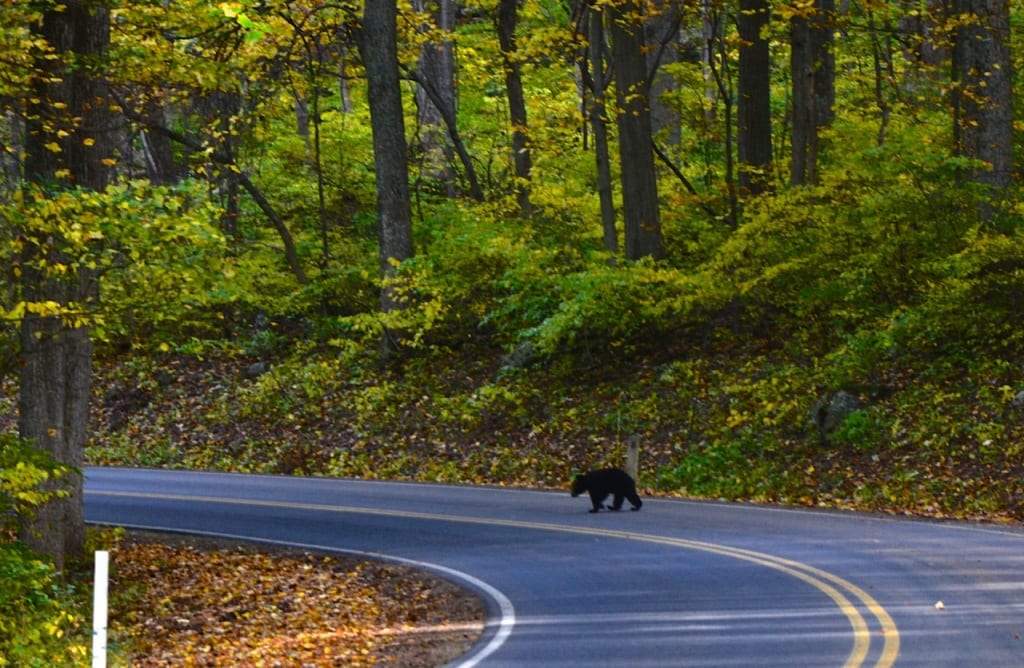
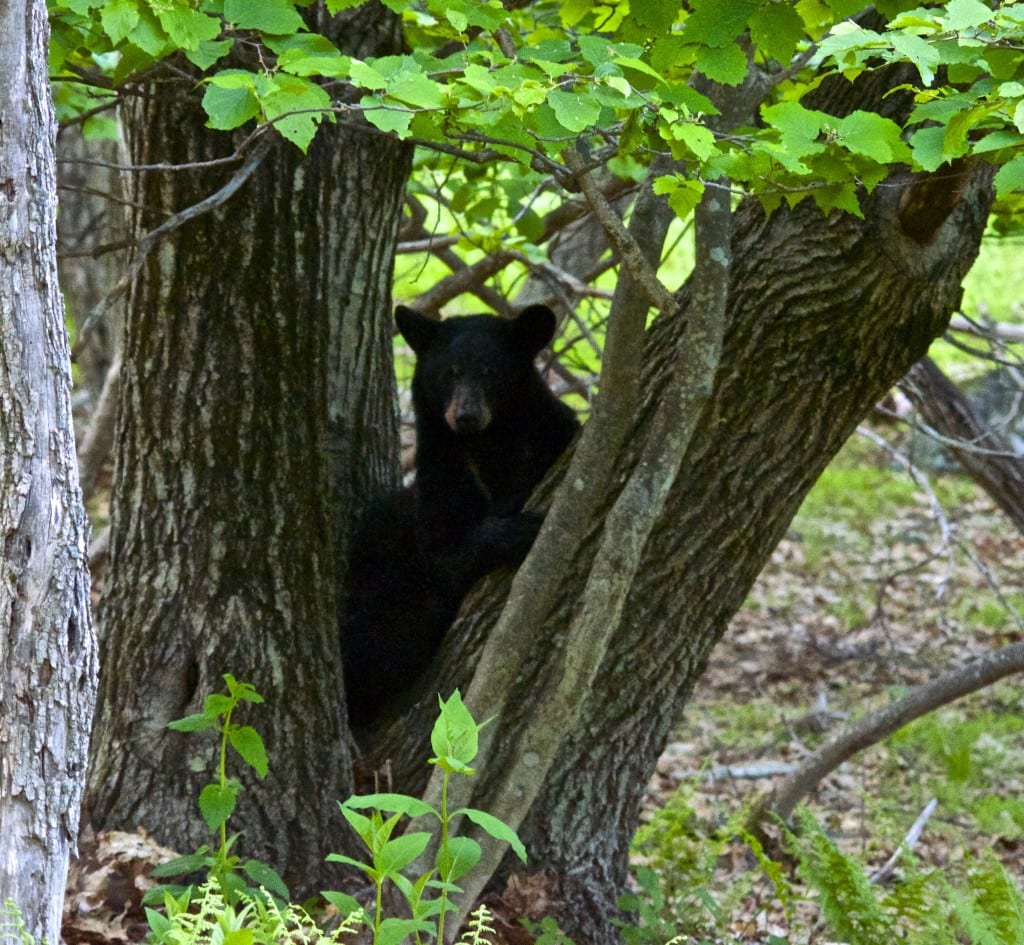
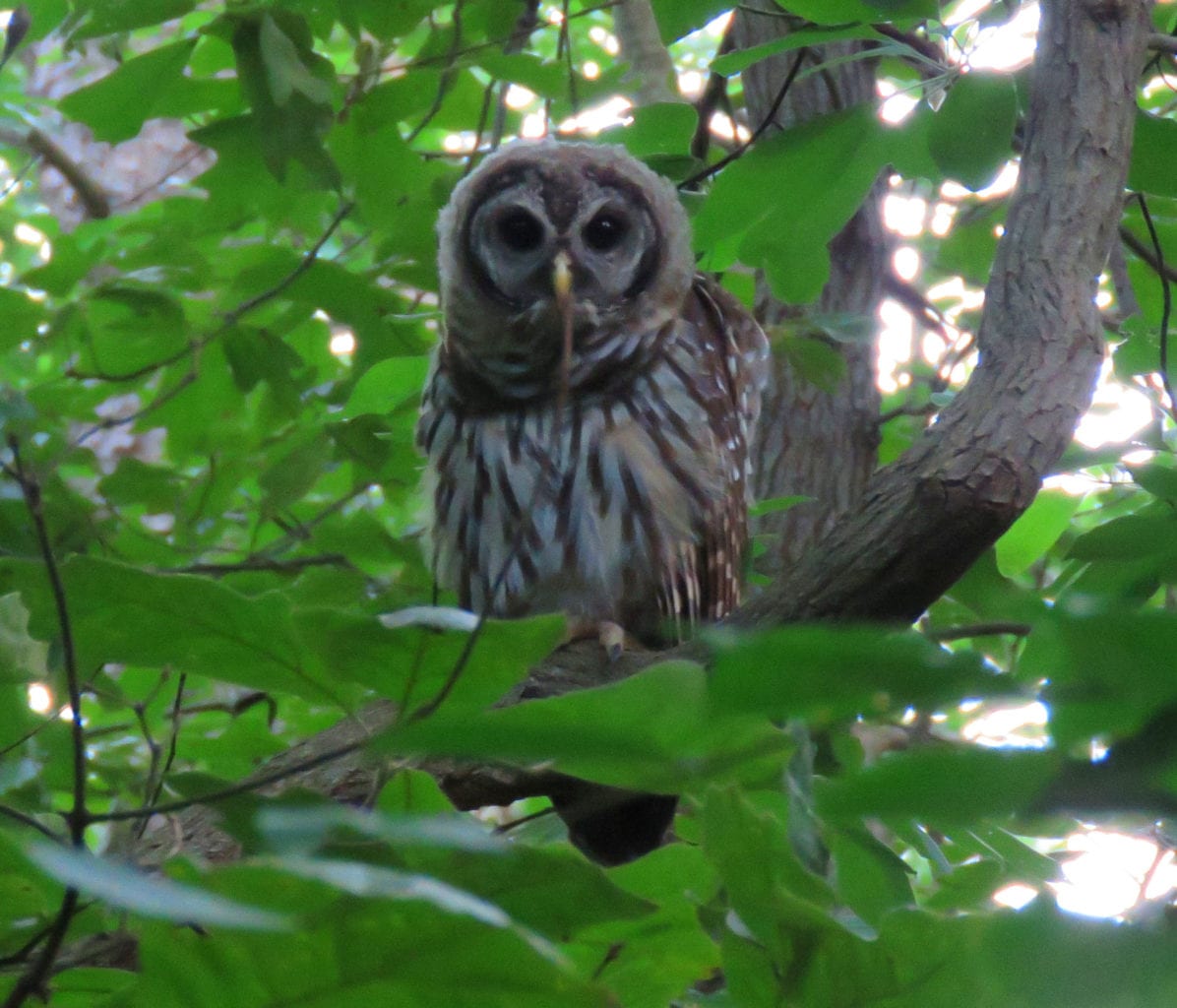
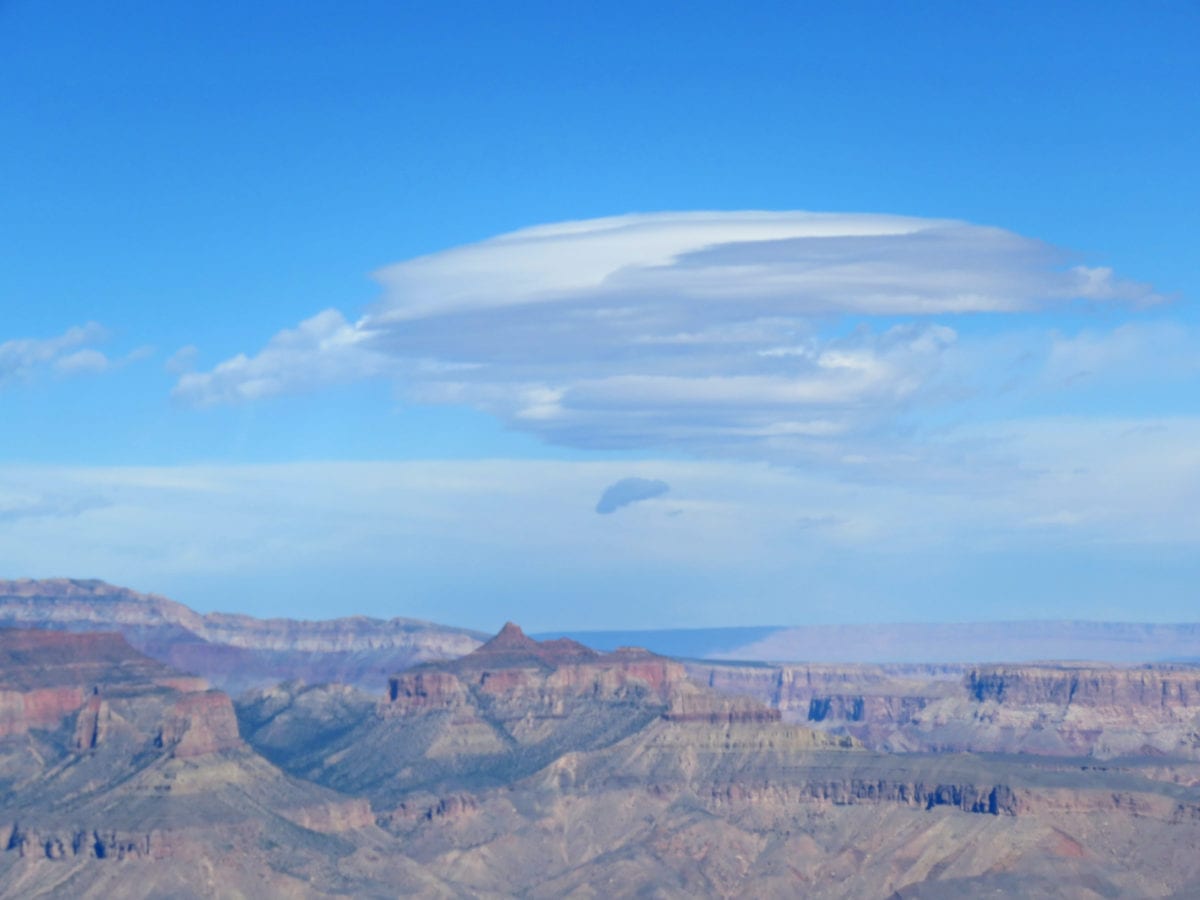
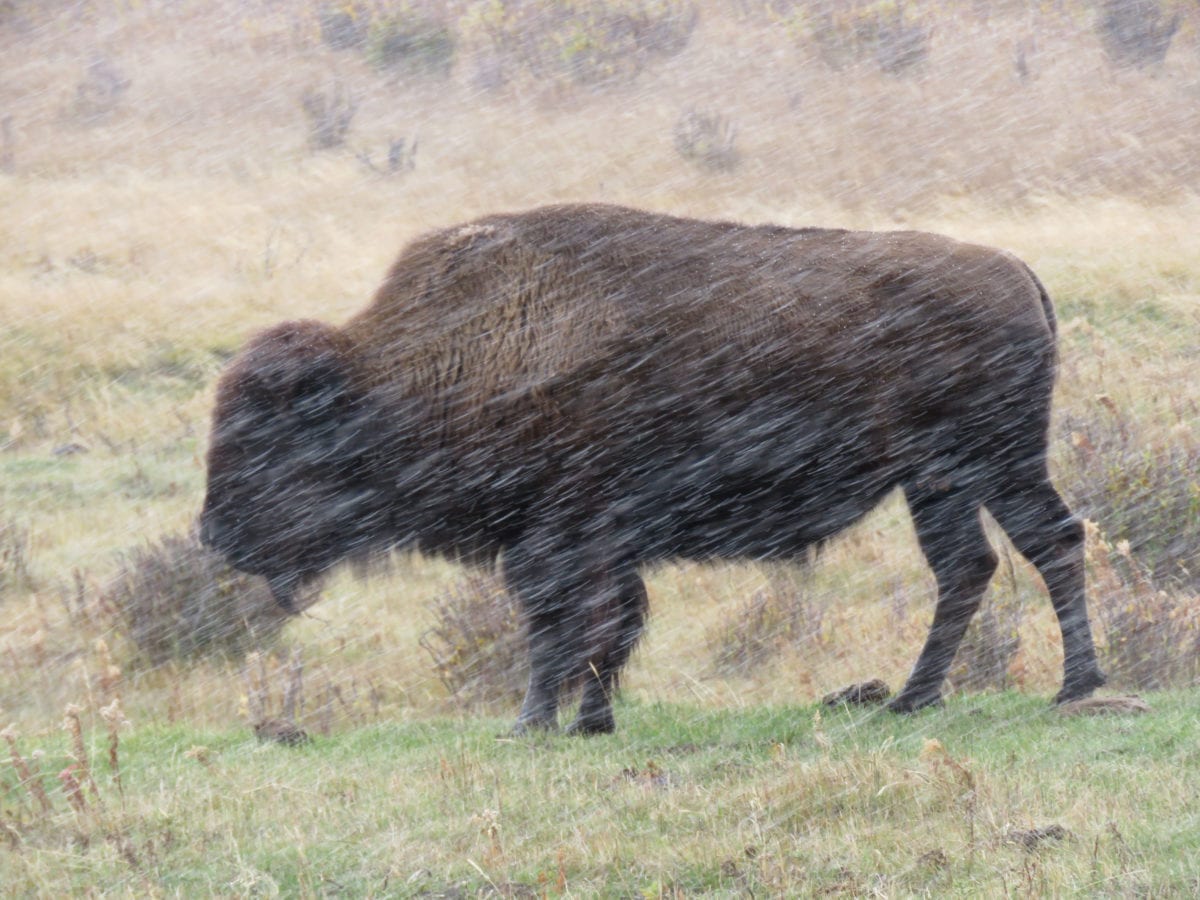





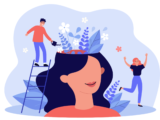
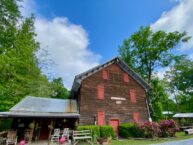





Reader Supported News - No Paywall, Google Ads, Popup Ads, Sponsored Content or A.I. - Support American Journalism with GoFundMe
Great photos!
Reader Supported News - No Paywall, Google Ads, Popup Ads, Sponsored Content or A.I. - Support American Journalism with GoFundMe
Thank you. They are beautiful photos. Imagine waiving fees—a great idea!